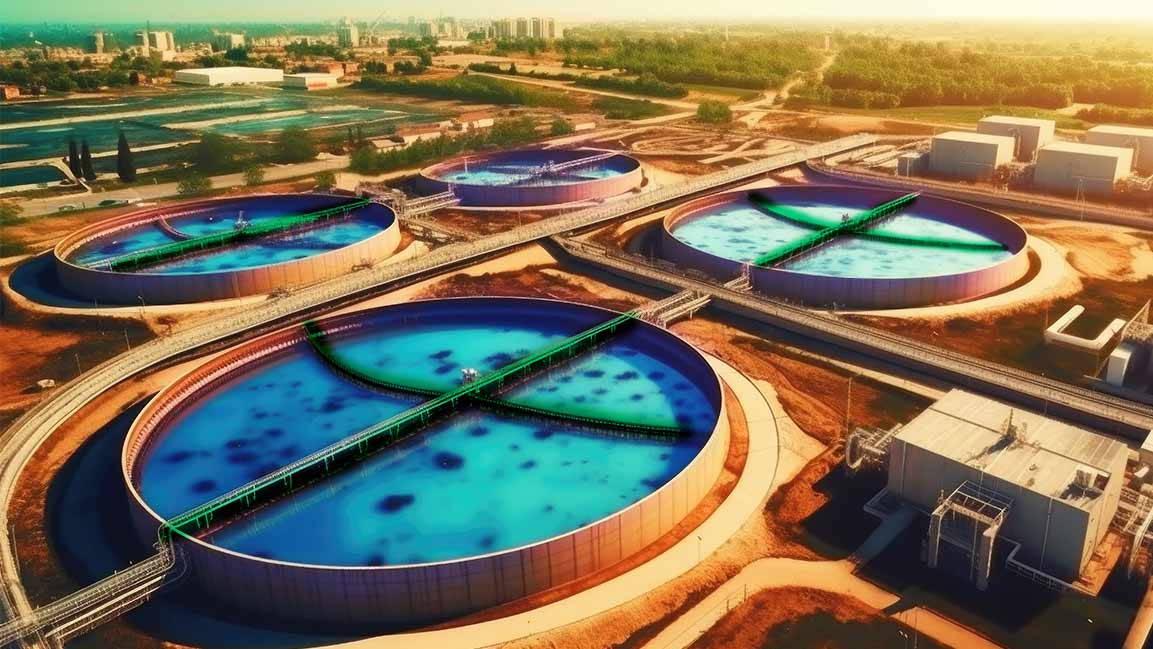- | 1:00 pm
MENA is the most water-stressed region in the world, says report
Egypt, Jordan, the UAE, and Saudi Arabia, Tunisia are among the 25 most water-stressed countries in the world.

Now accepting applications for Fast Company Middle East’s Most Innovative Companies. Click here to apply.
Climate change and the growing population will deplete the world’s freshwater supplies over the next 30 years, putting water available for domestic uses, drinking, and food at risk.
According to a new report by the World Resources Institute, increasing water stress impacts the economic growth of affected countries and global food security.
Data shows that by 2050, an additional billion people will live in arid regions and areas with high water stress, where at least 40% of renewable water supplies are consumed yearly. Currently, two-fifths of the world’s population –approximately 3.3 billion people- live in such areas.
The report highlighted five of the most-stressed countries in the Middle East and North Africa region, and 83% of its population is exposed to very high water stress.
South Asia is the second most water-stressed region, with 74% of the population exposed to water stress.
According to the report, Bahrain, Cyprus, Kuwait, Lebanon, Oman, and Qatar are the most exposed to water stress. Reduced supply and demand from domestic, agricultural, and industrial uses are noted as the main cause.
Egypt, Jordan, Libya, the UAE, Palestine, Israel, Yemen, Algeria, Morocco, Saudi Arabia, Tunisia, and Iraq are among the 25 most water-stressed countries in the world.
More than 80% of the countries in the region use renewable water supplies for irrigation, livestock, industry, and domestic needs. The report noted that the region is at risk of running out of water if it experiences a drought.
There is a disparity in access to the basic human needs of drinking water and sanitation for the population between countries and between different regions, said Grace Oluwasanya, a researcher at the United Nations University Institute for Water, Environment, and Health. About 500 million people in Africa alone lack access to basic human needs.
Oluwasanya pointed out that the physical geographic conditions determine, to some extent, the volume of effort required for a country to achieve higher levels of water security.
































